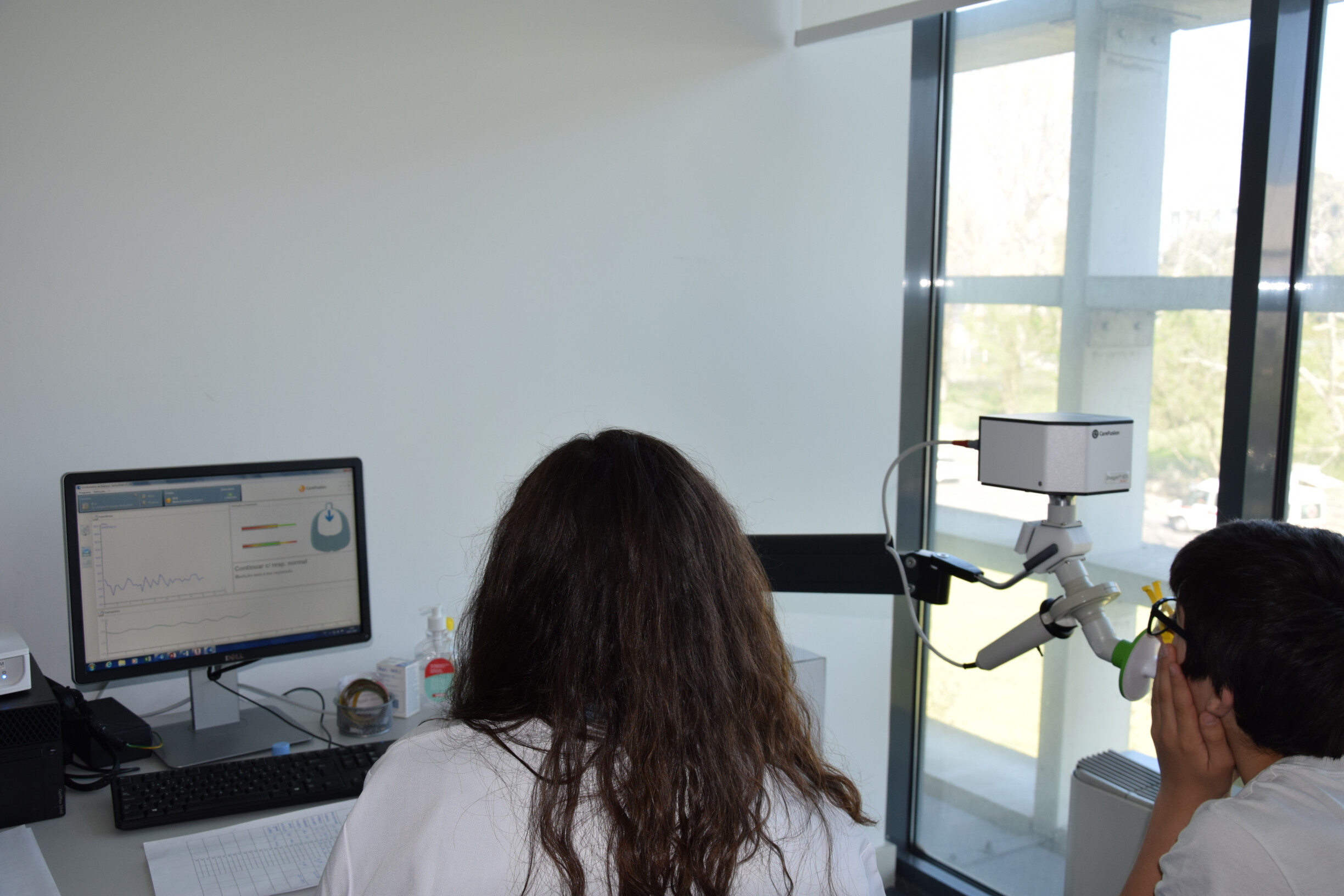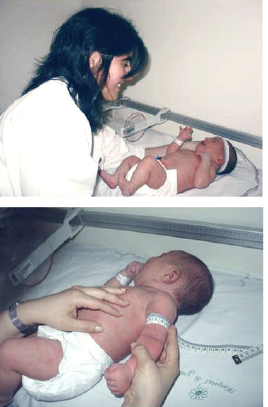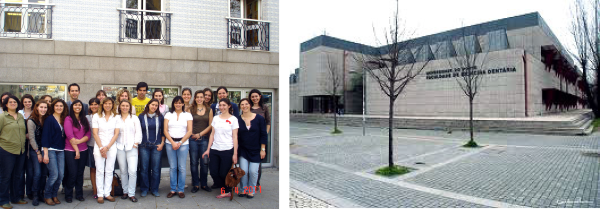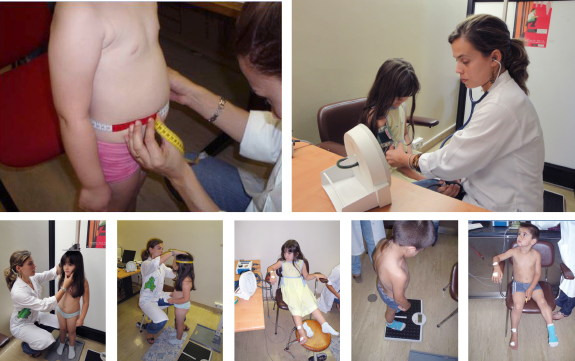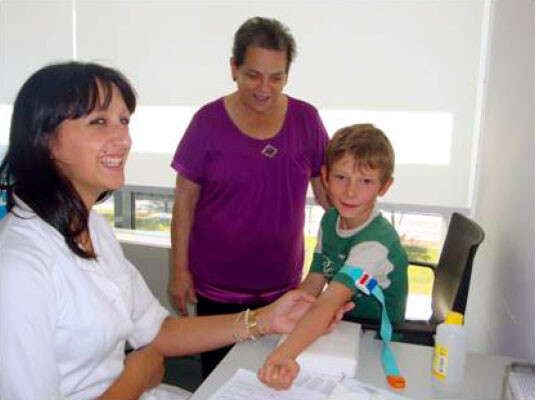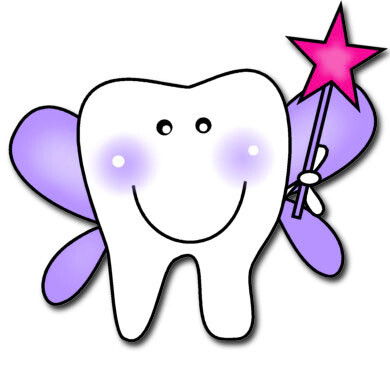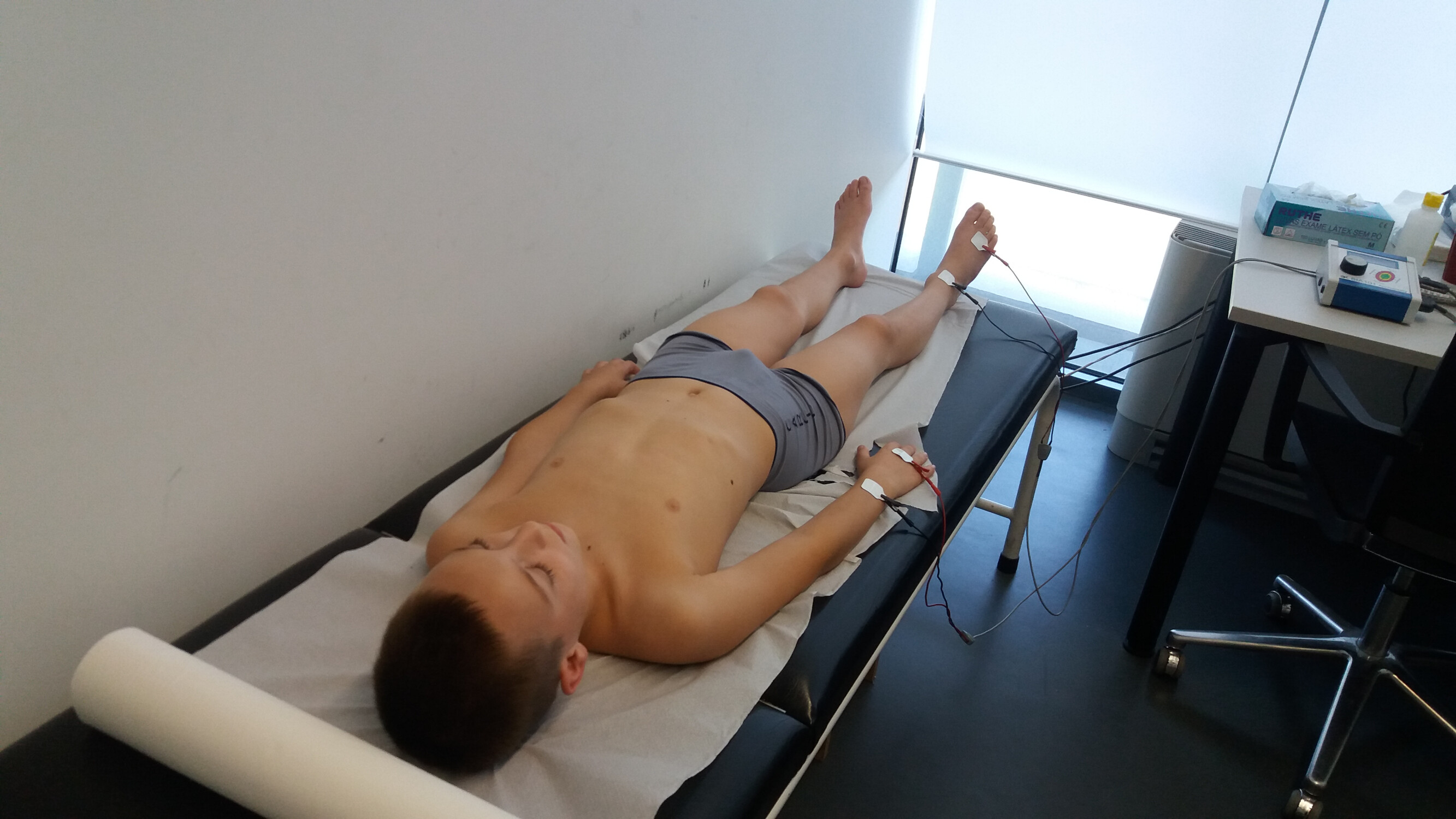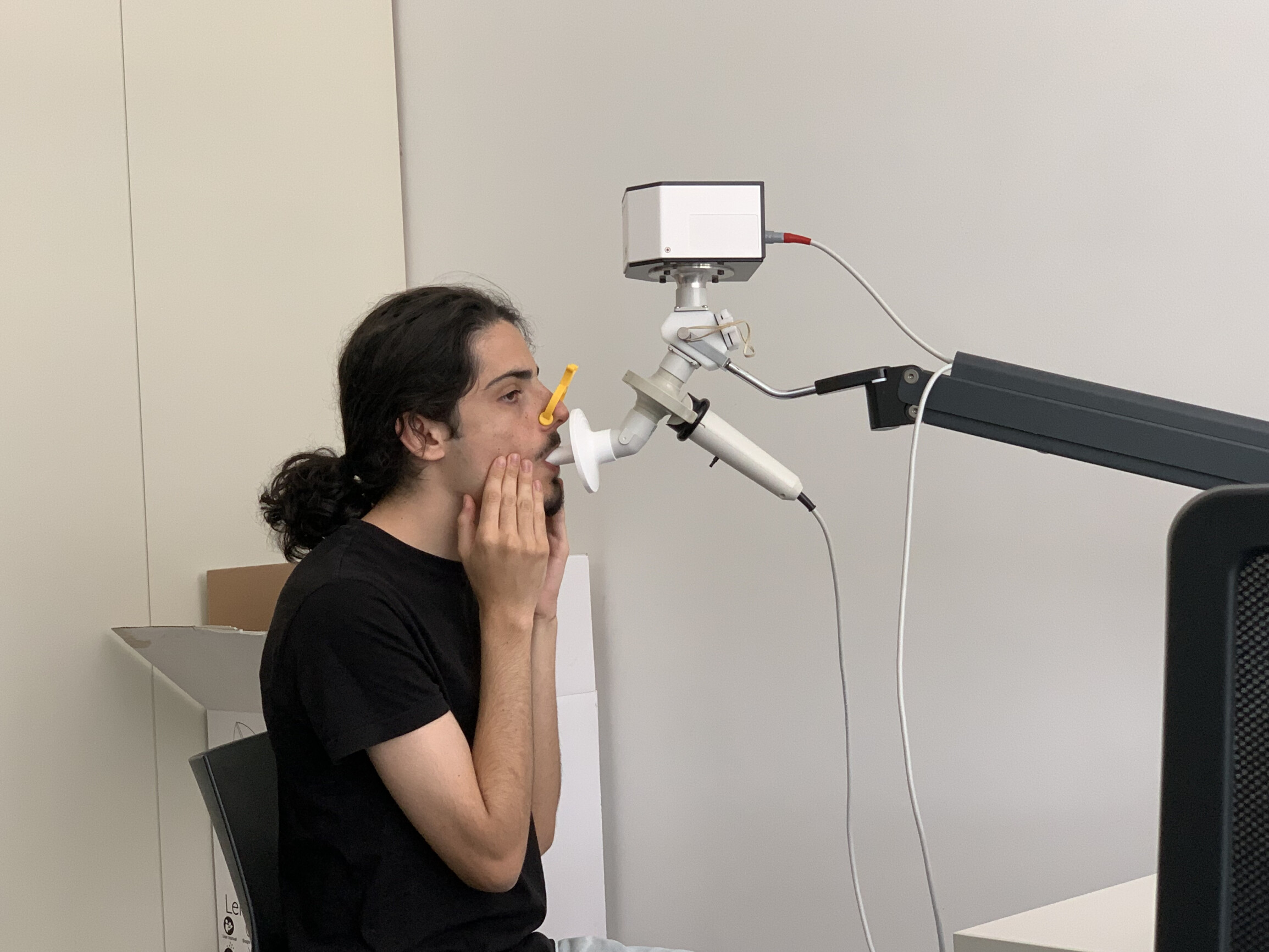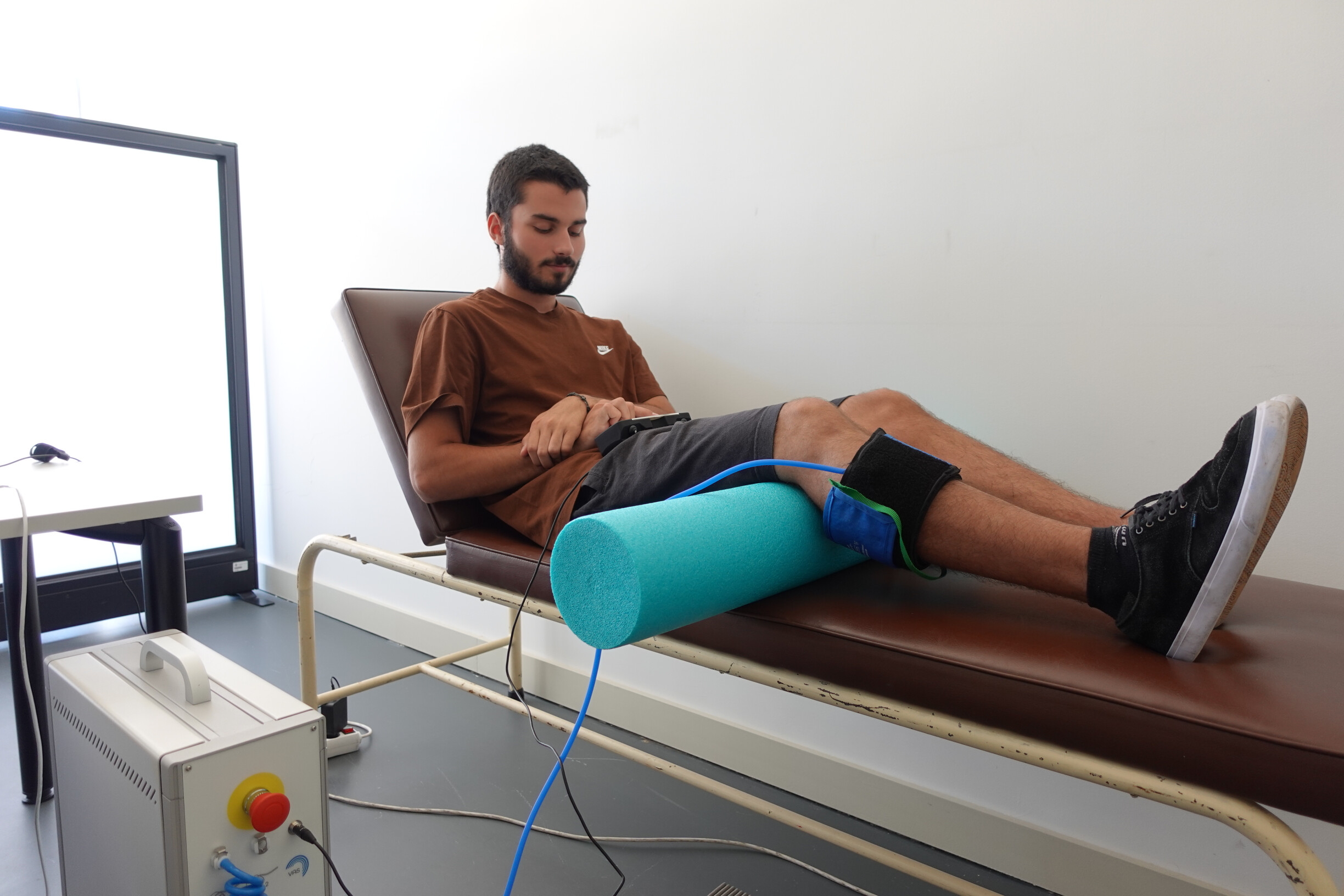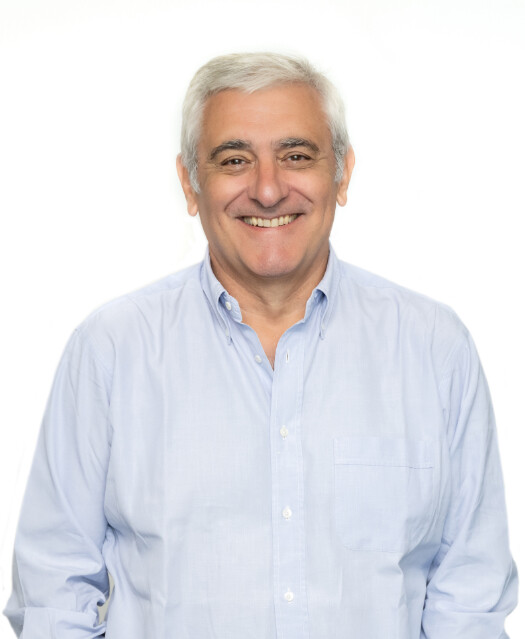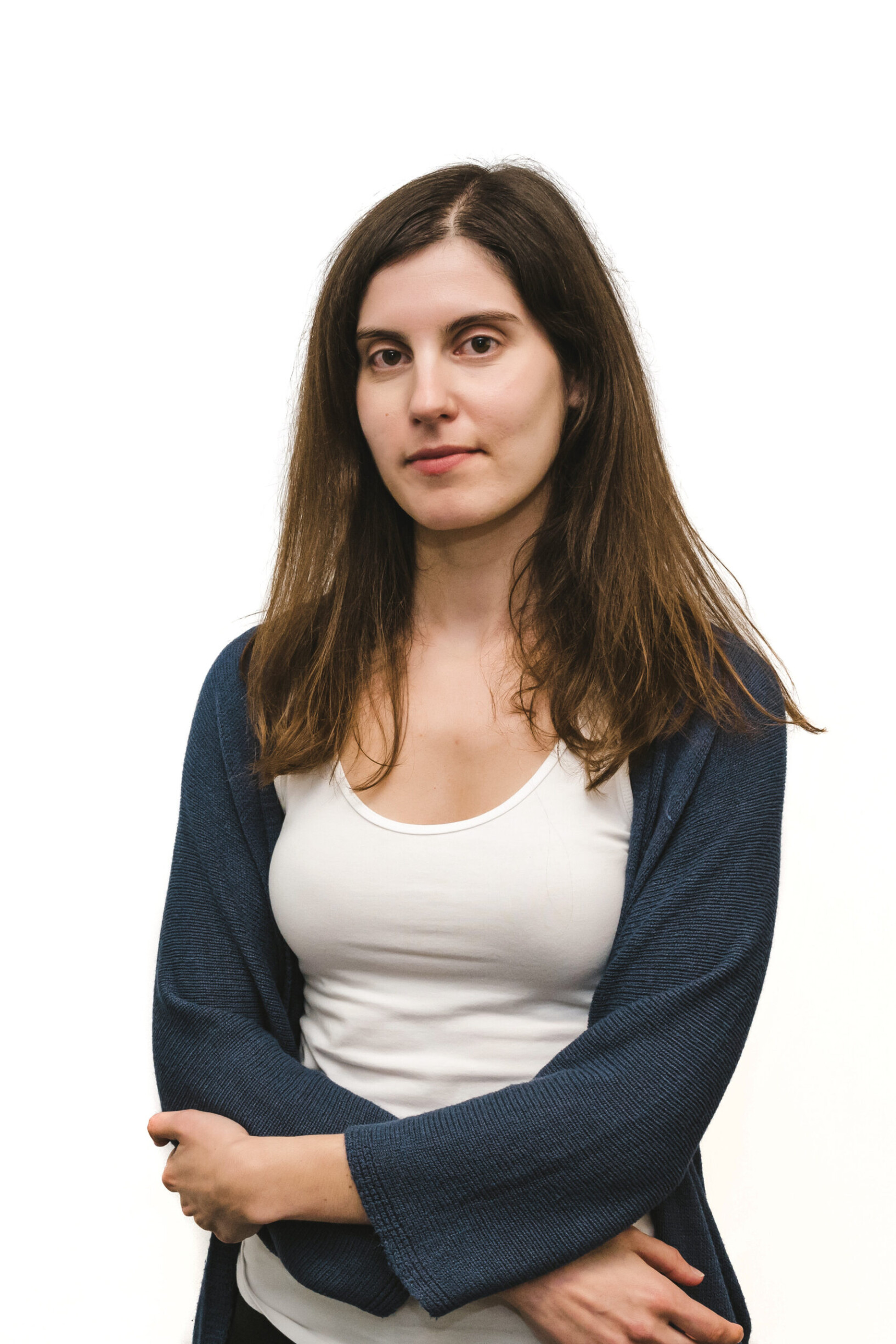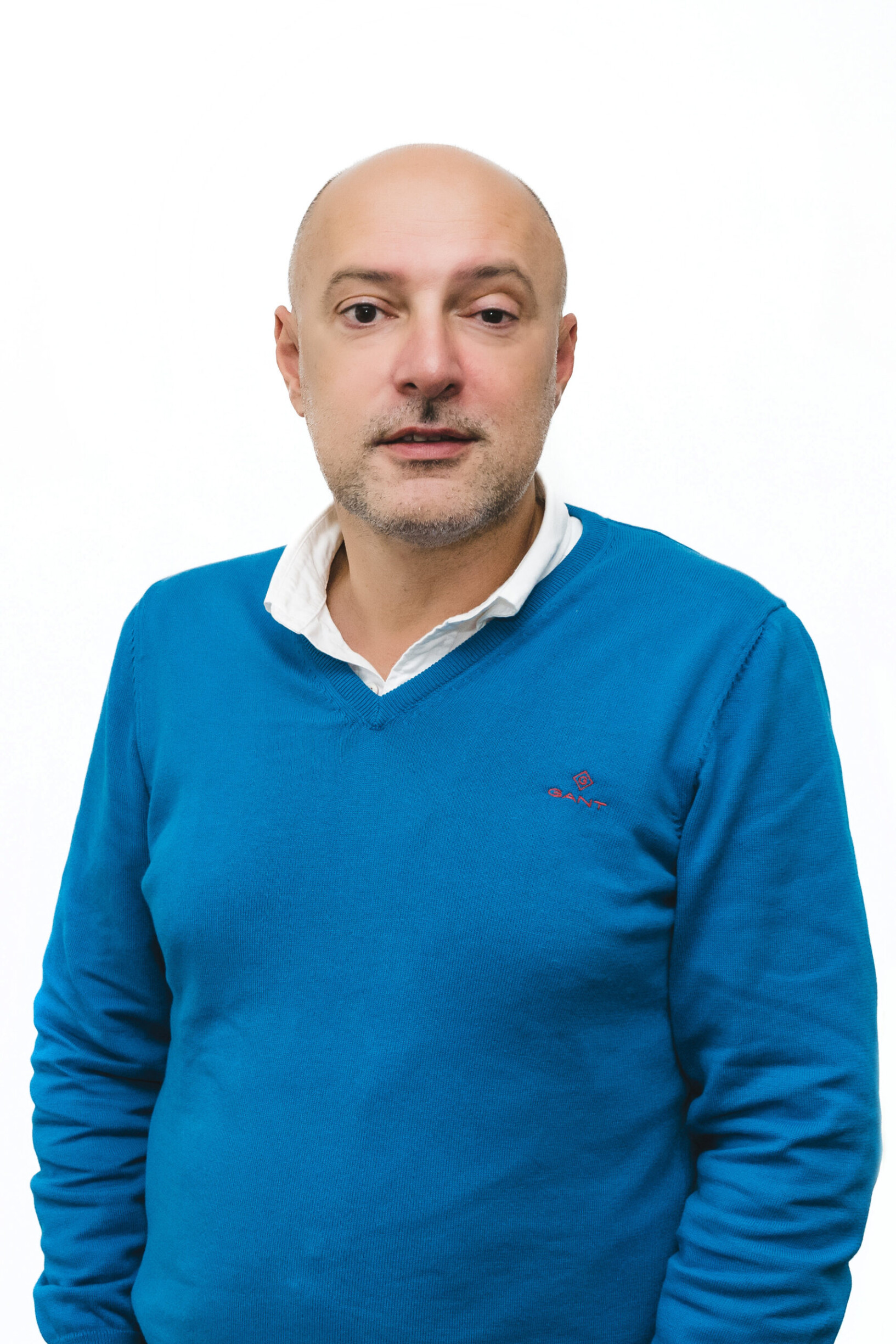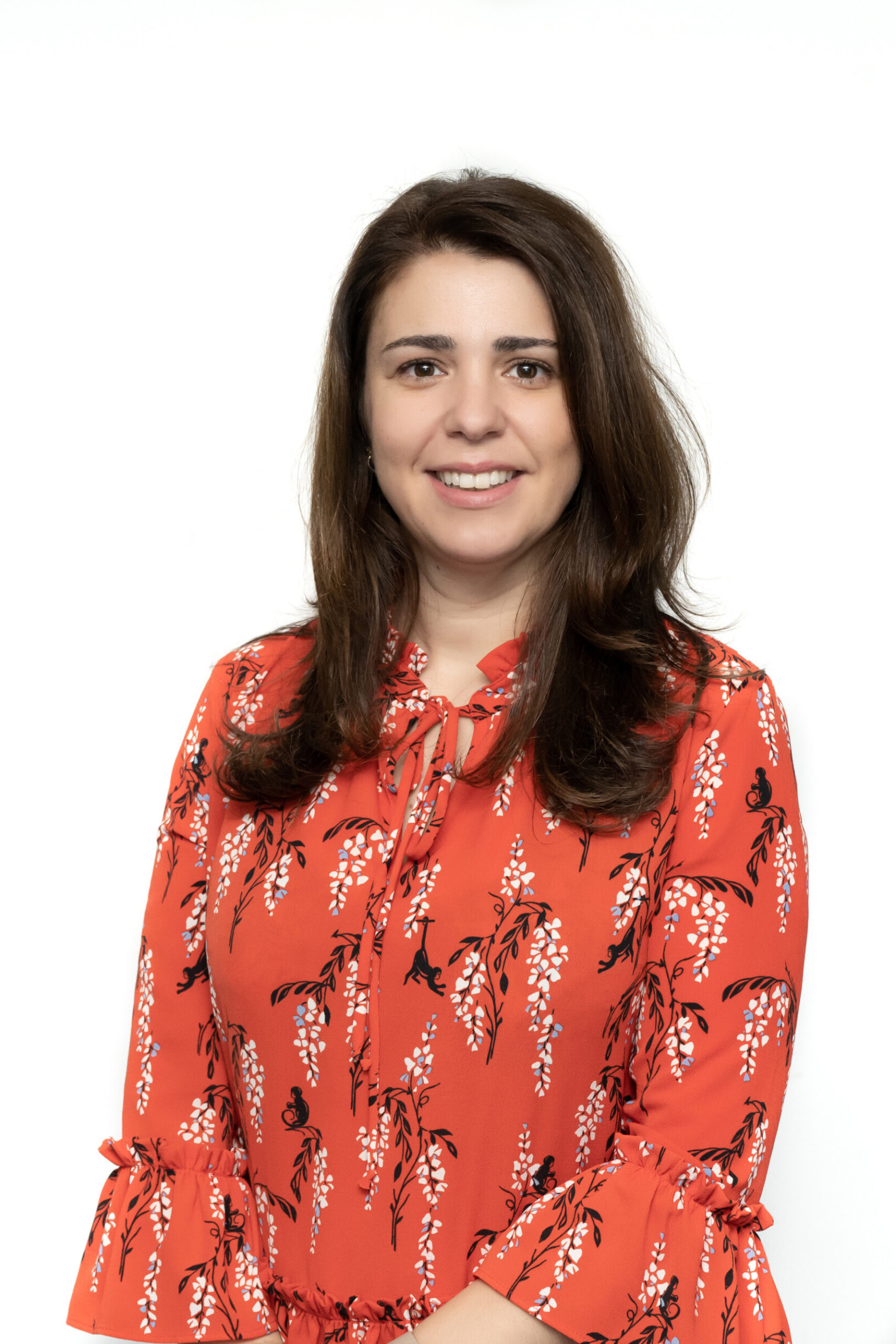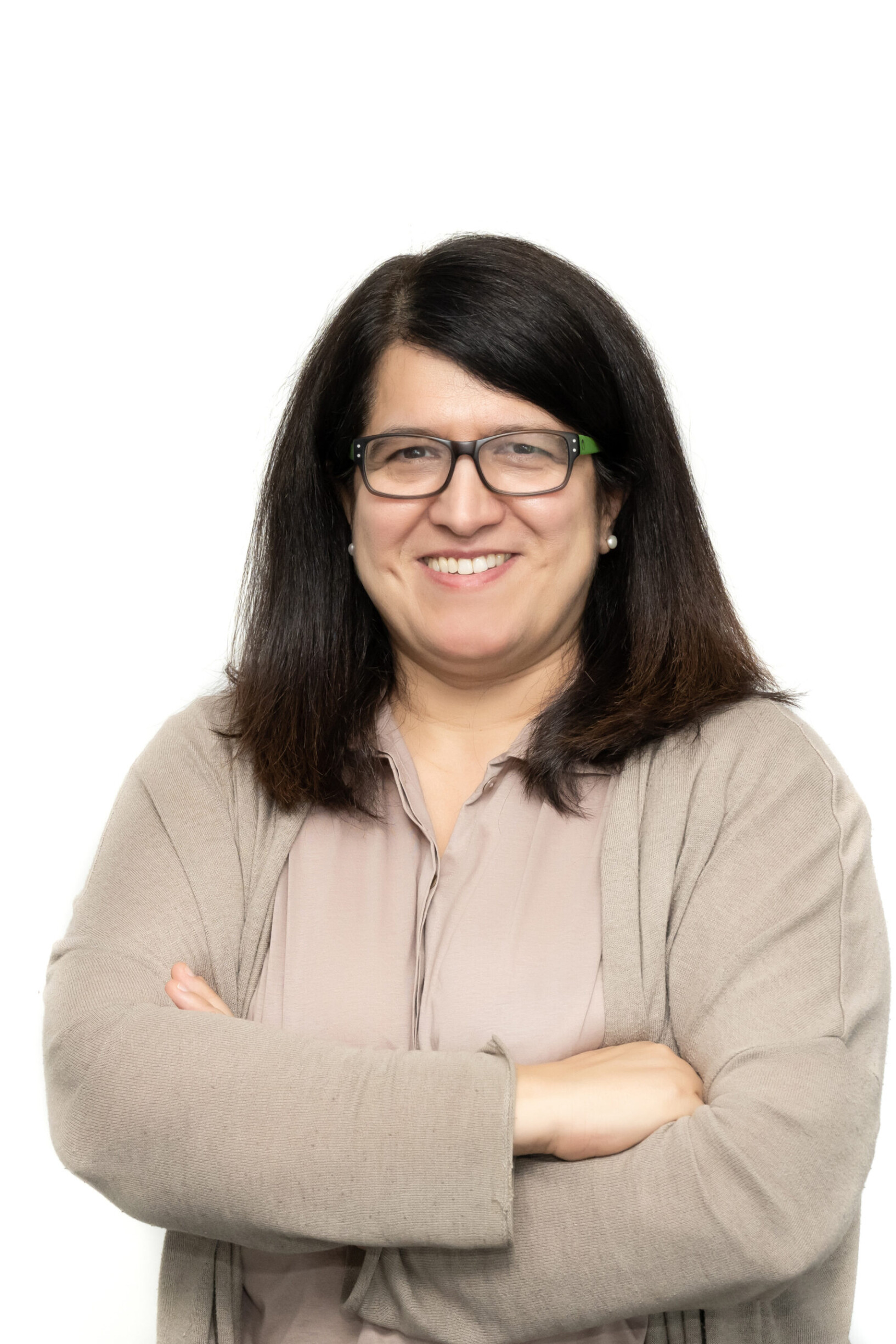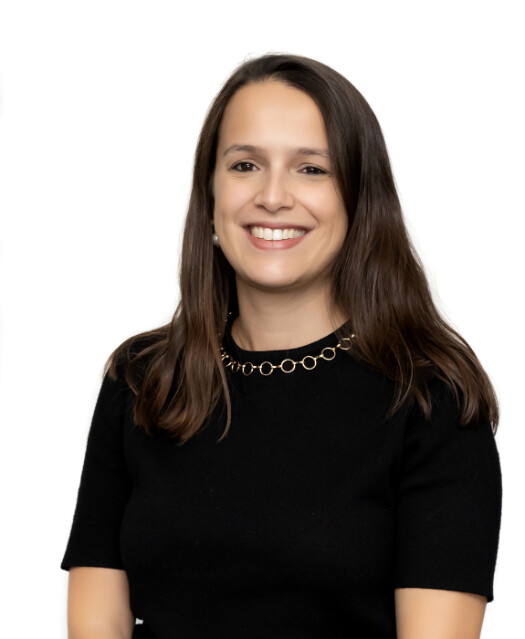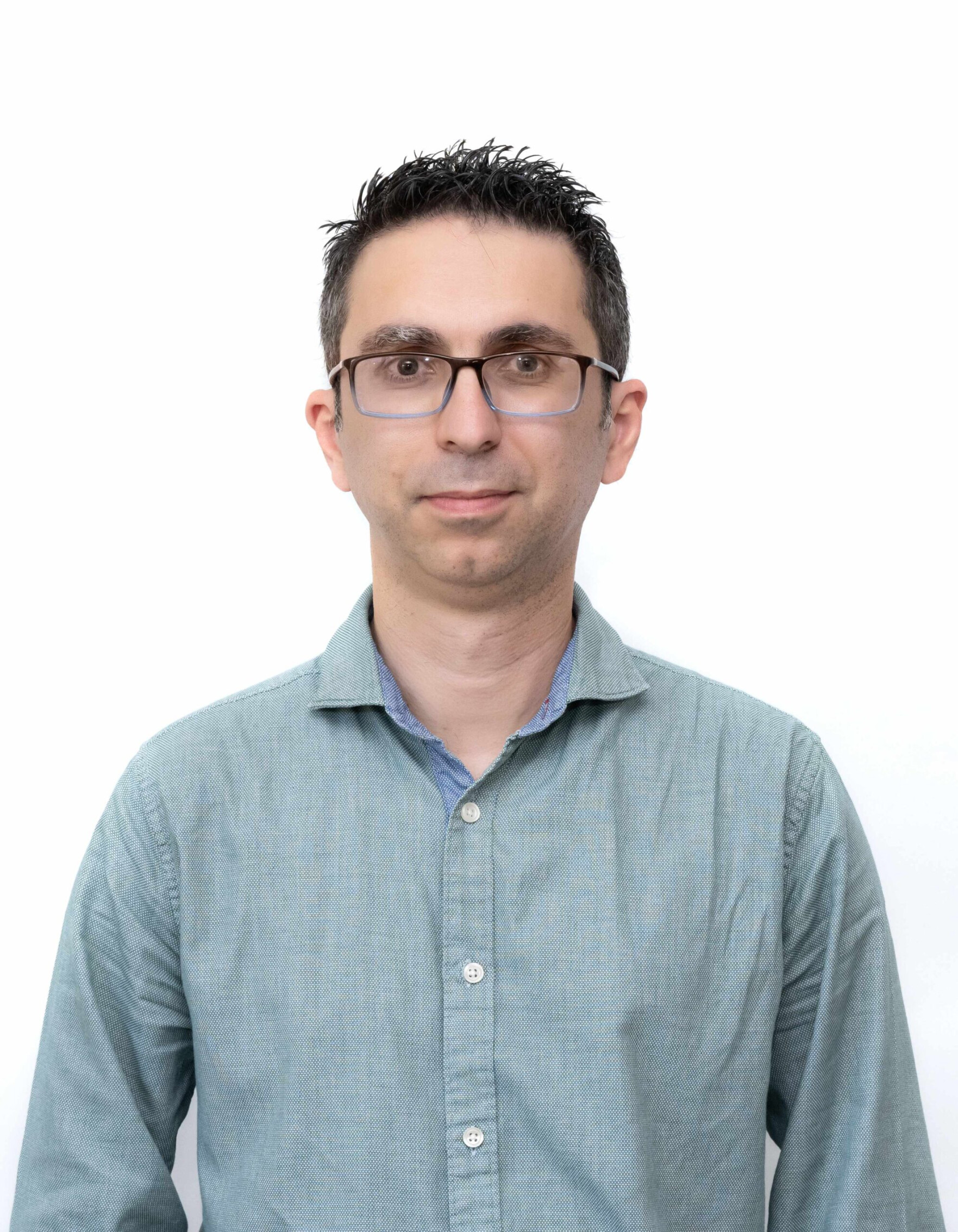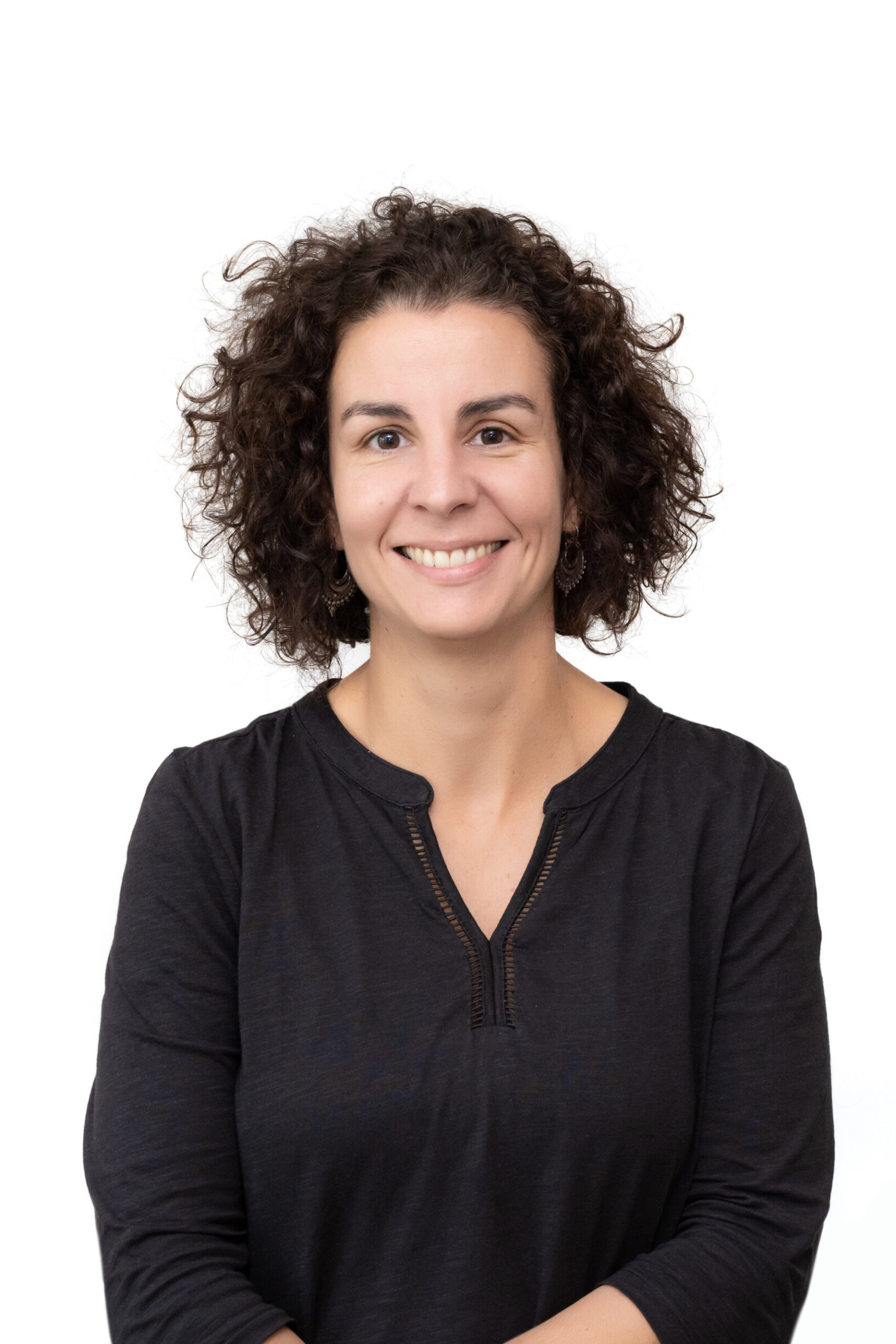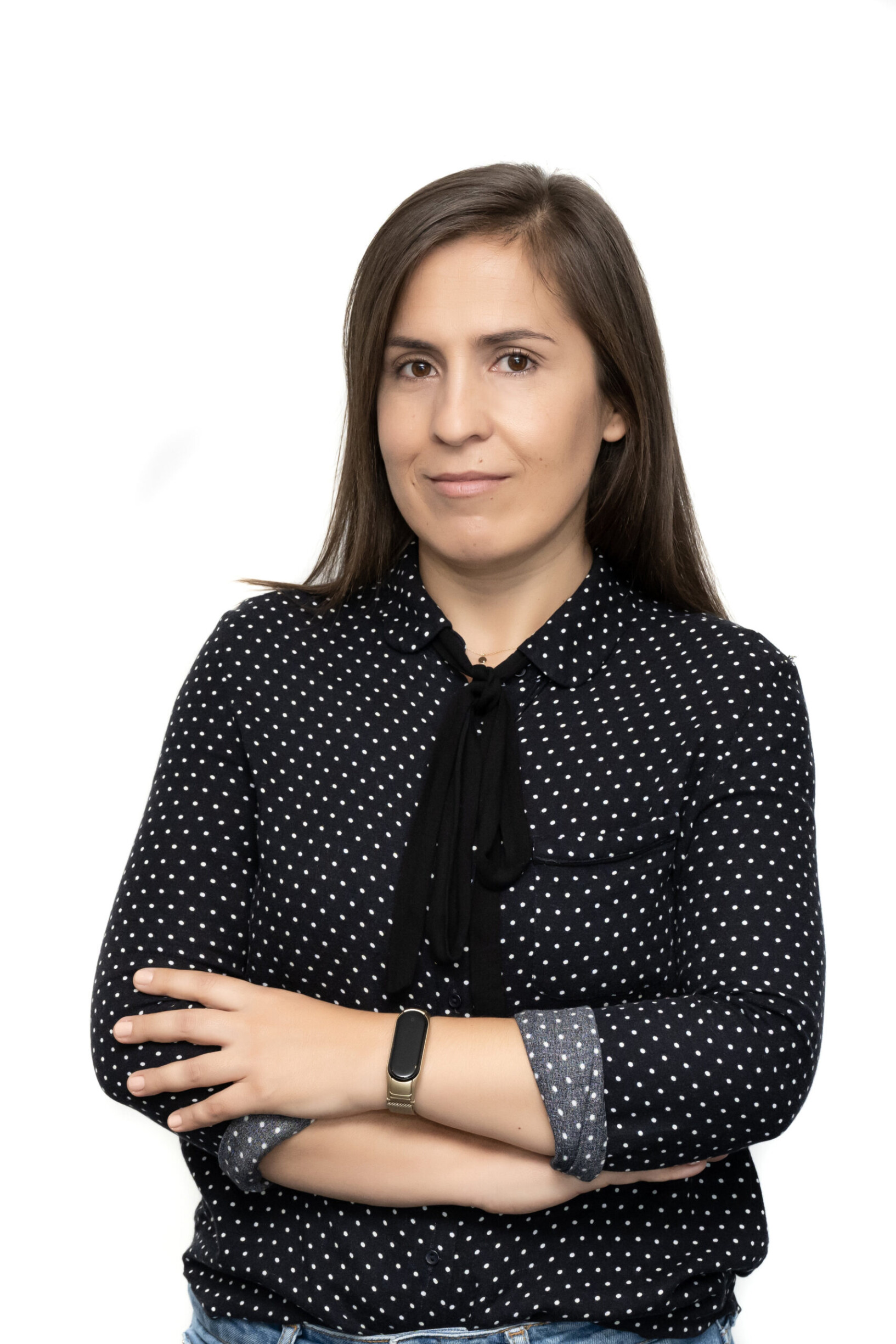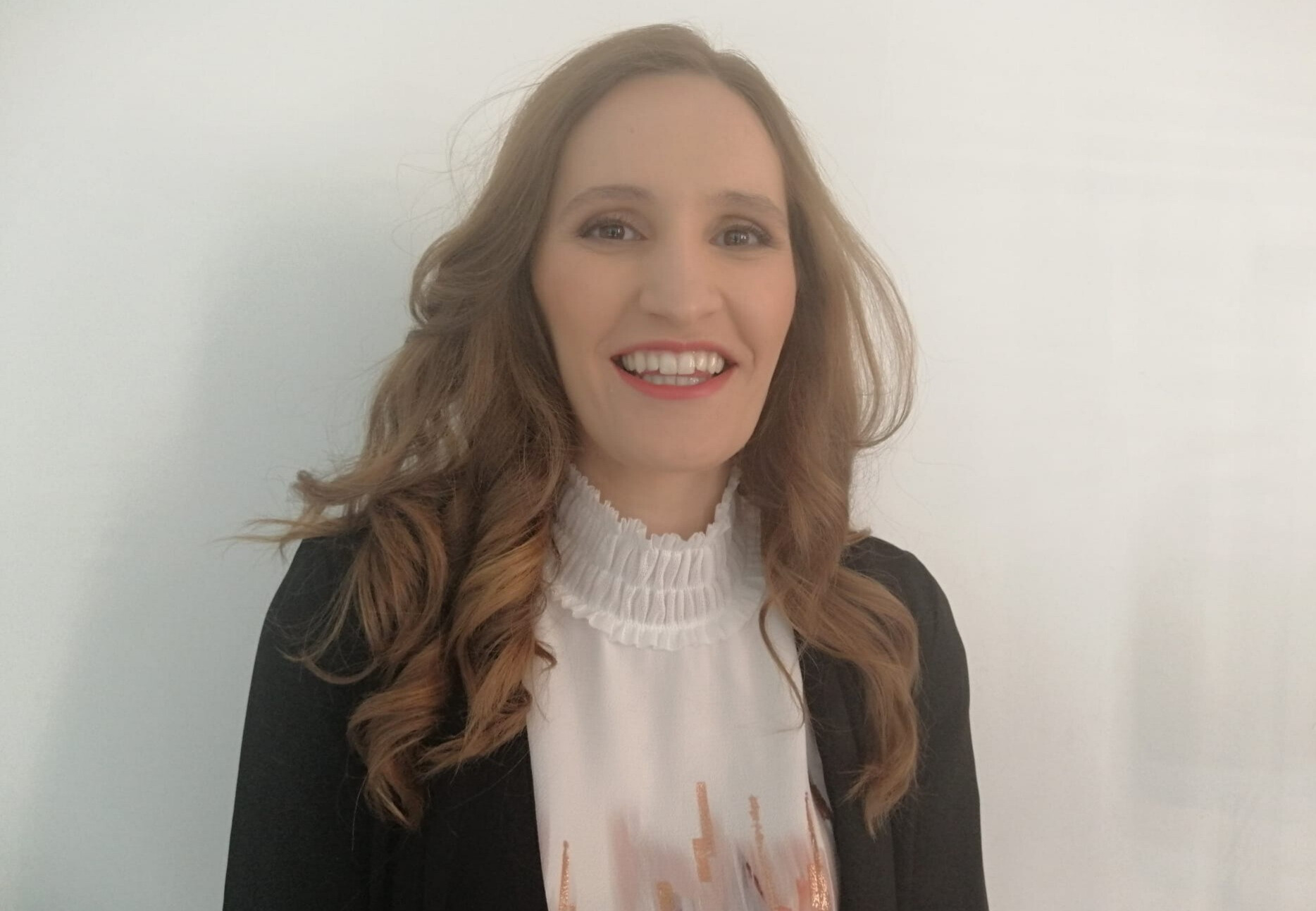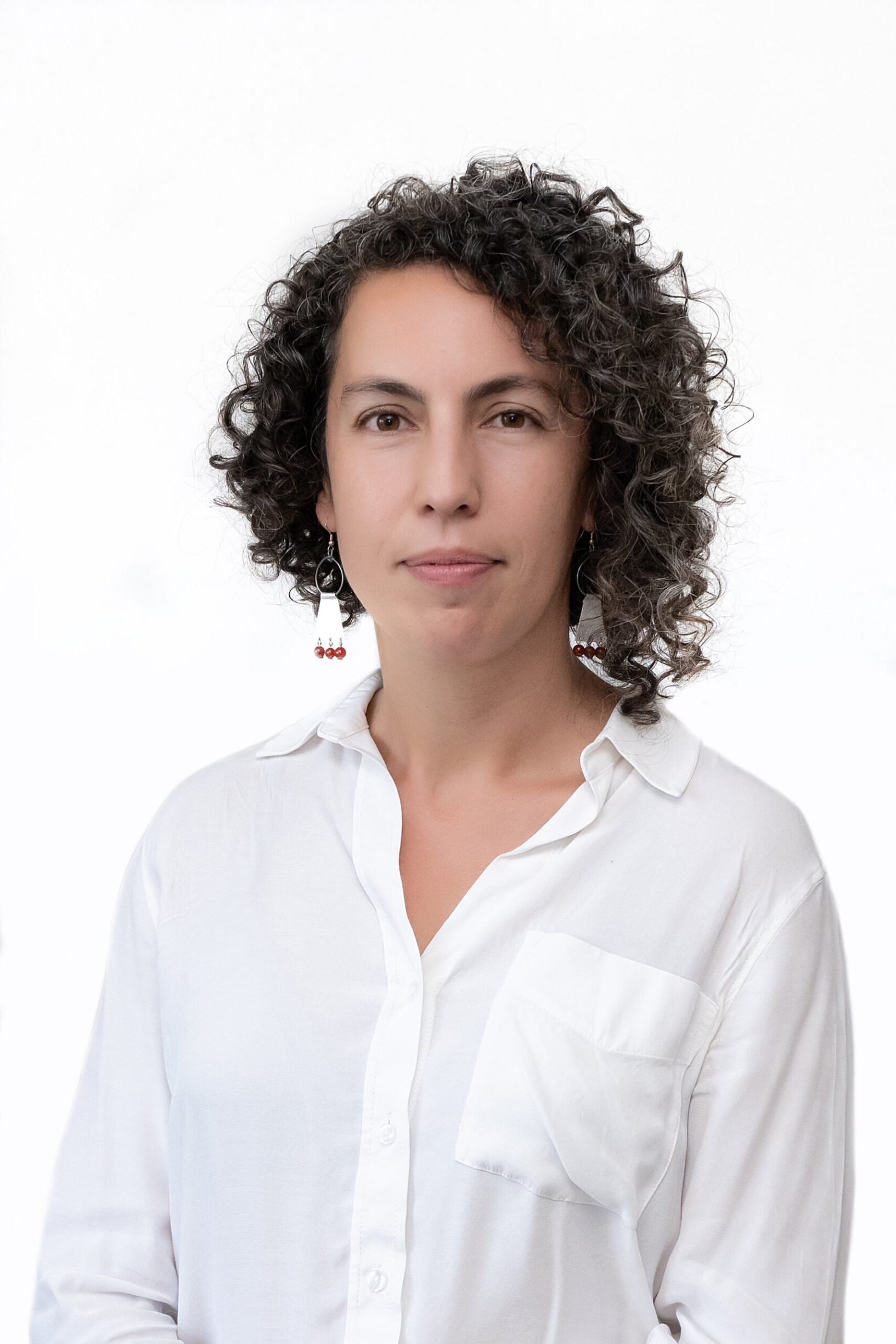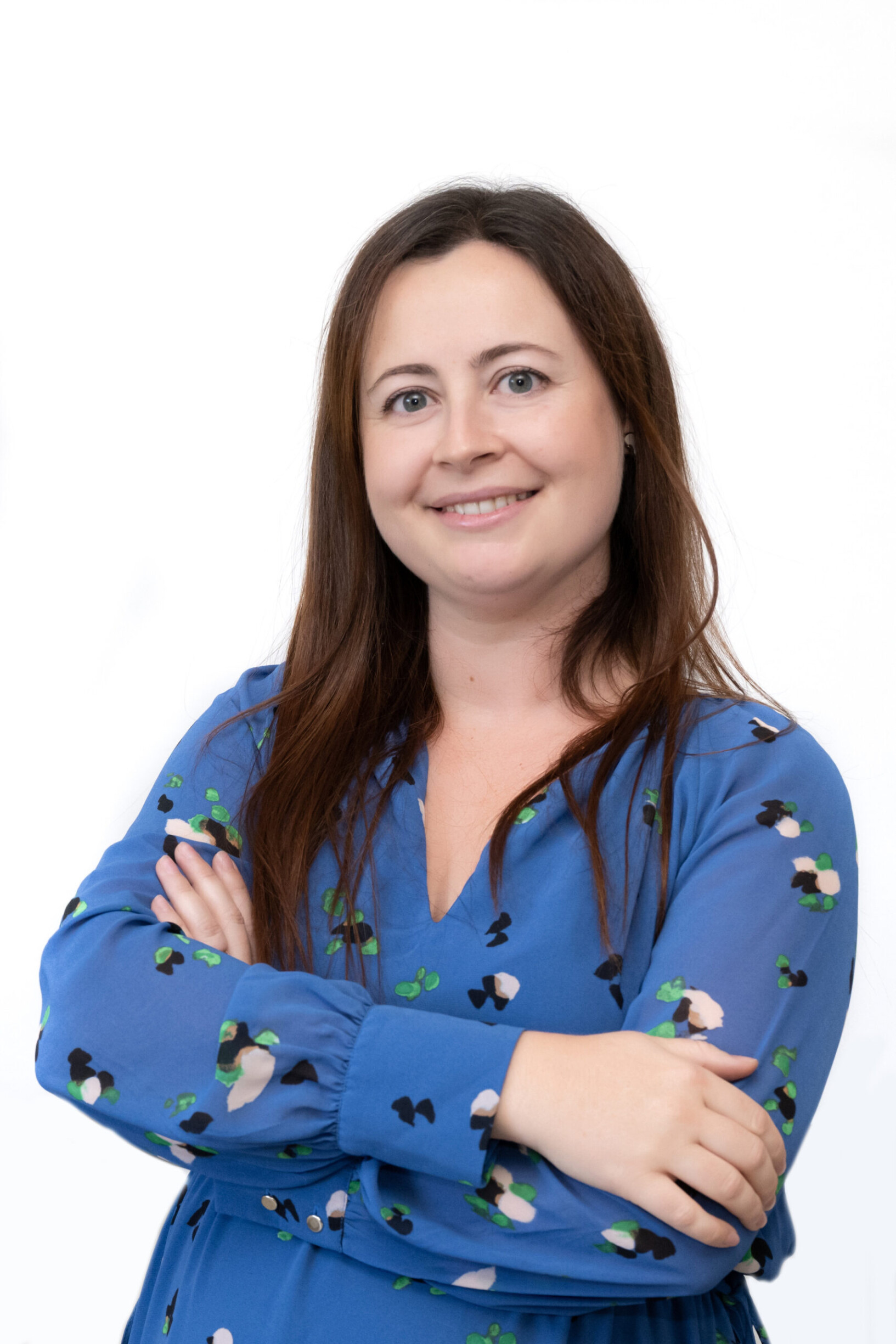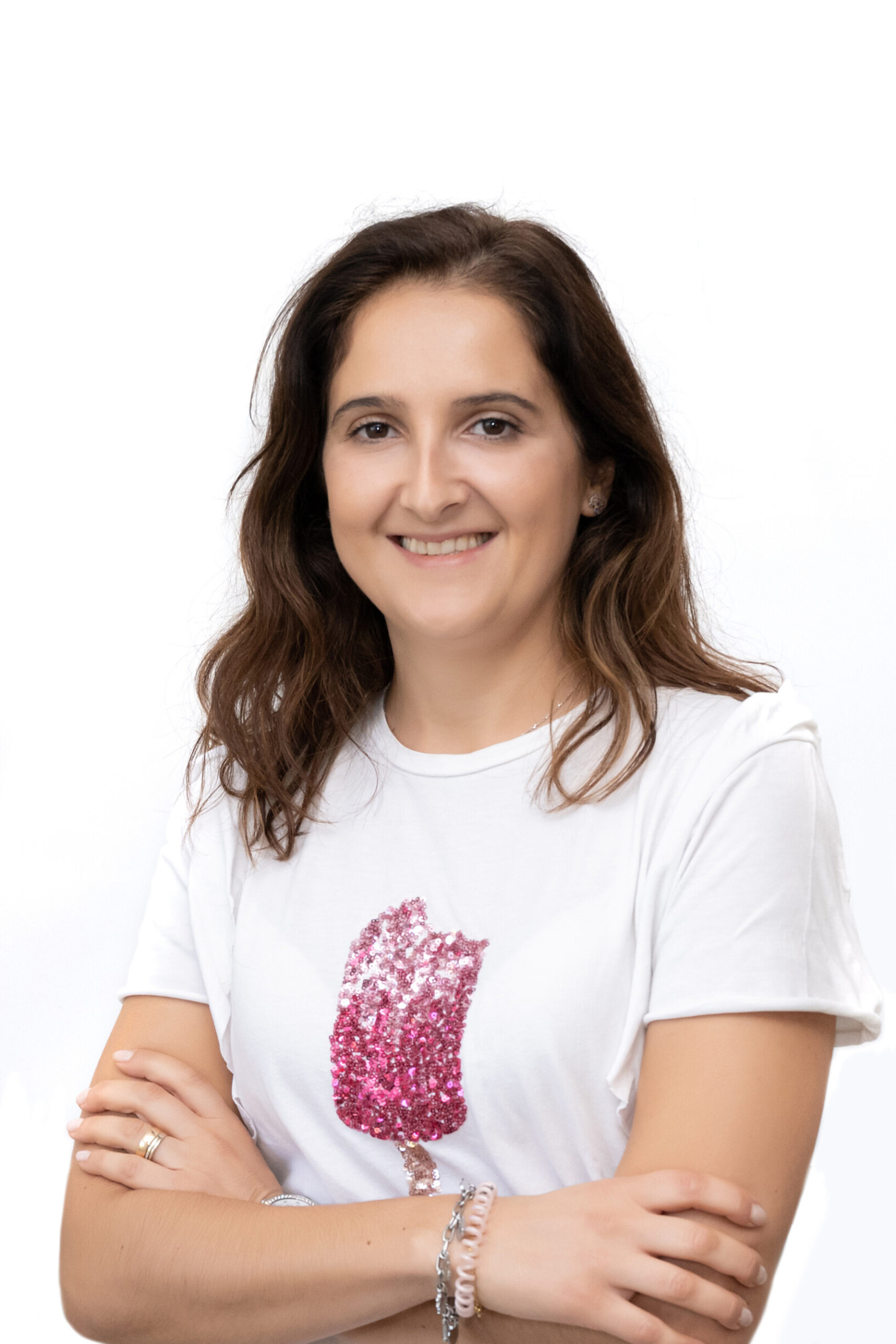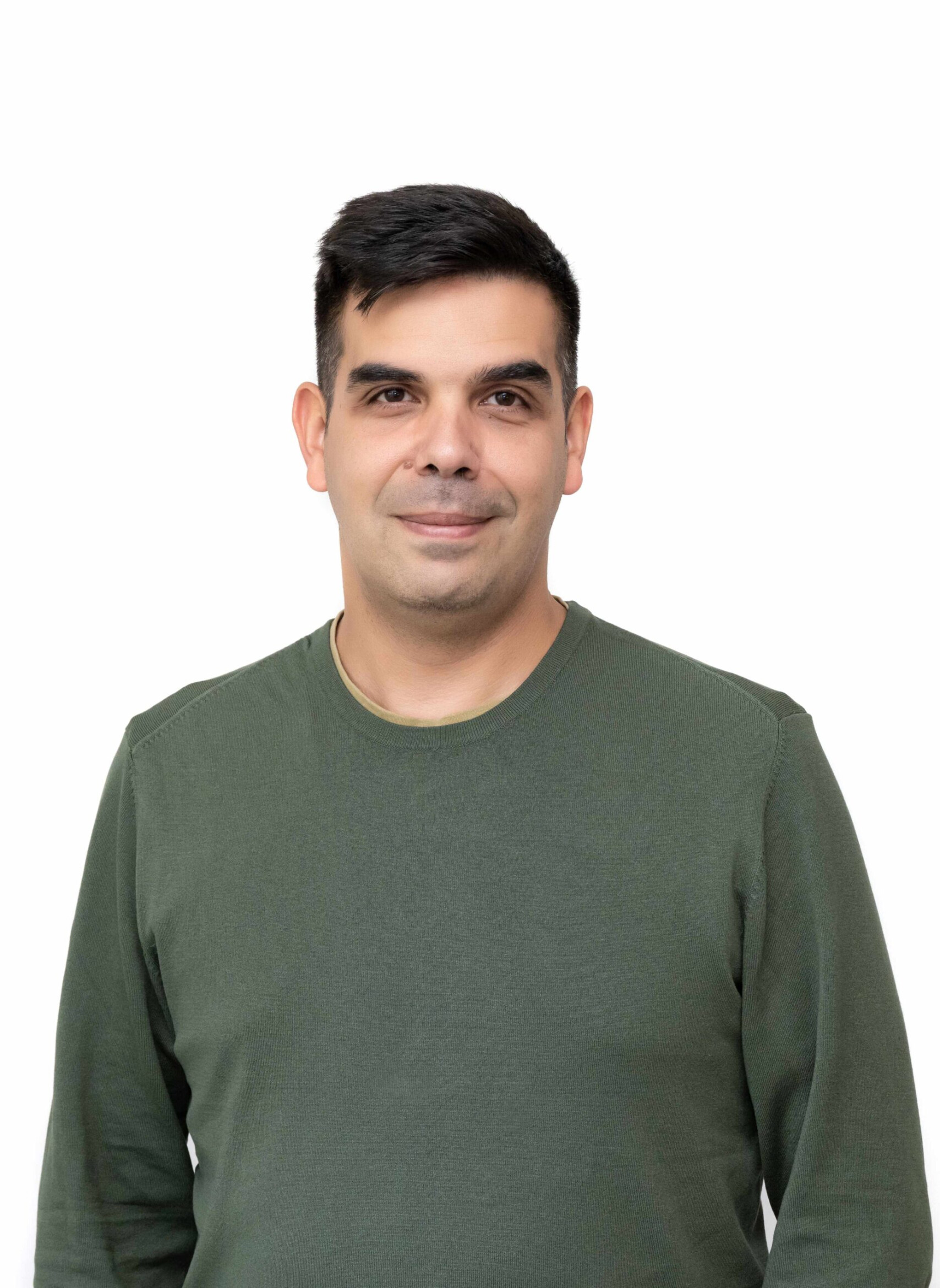Currently almost all countries in Europe and several countries worldwide (USA, Australia, Brasil South Africa and others) are designing cohort studies like Geração 21 to better understand how the population of the country grows and what influences healthy life outcomes. These studies demand a scientific structure with very complex research facilities, human resources with high training, an efficient administrative machinery and high financial support. In 2005, it was possible to meet the logistic conditions needed to start this work and thus it was born the Geração 21 project at the Departmento de Epidemiologia Clinica, Medicina preditiva e Saúde pública da Universidade do Porto.
This department had extensive experience having, at the time, already implemented studies to follow both an adult (EPIPorto) and an adolescent (EPITeen) cohort. And in 2005 embraced the challenge to evaluate and monitor the development of 8,647 newborns. This is a groundbreaking study, the first of its kind to be held in Portugal, aiming to identify pregnancy and childhood characteristics that relate to the development and health in later stages of life. We intend to follow the evolution of several health parameters (social, behavioral, organizational, biological) in order to explore new hypothesis, new problems, that may allow us to understand the influence of prenatal and early life years in the development and health during adolescence and adulthood.
Our goal is to continuously evaluate the growth and health of Portuguese children so that in the future we will be at the forefront of planning intervention strategies in public health.


